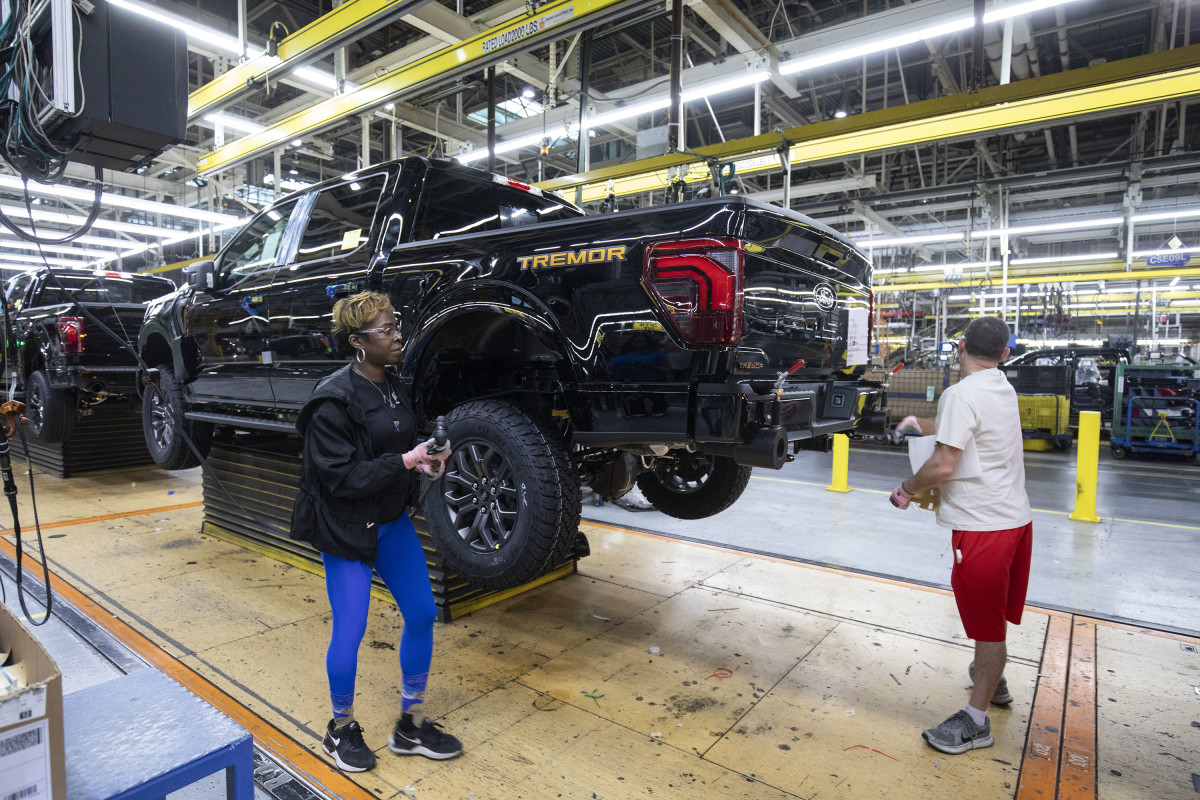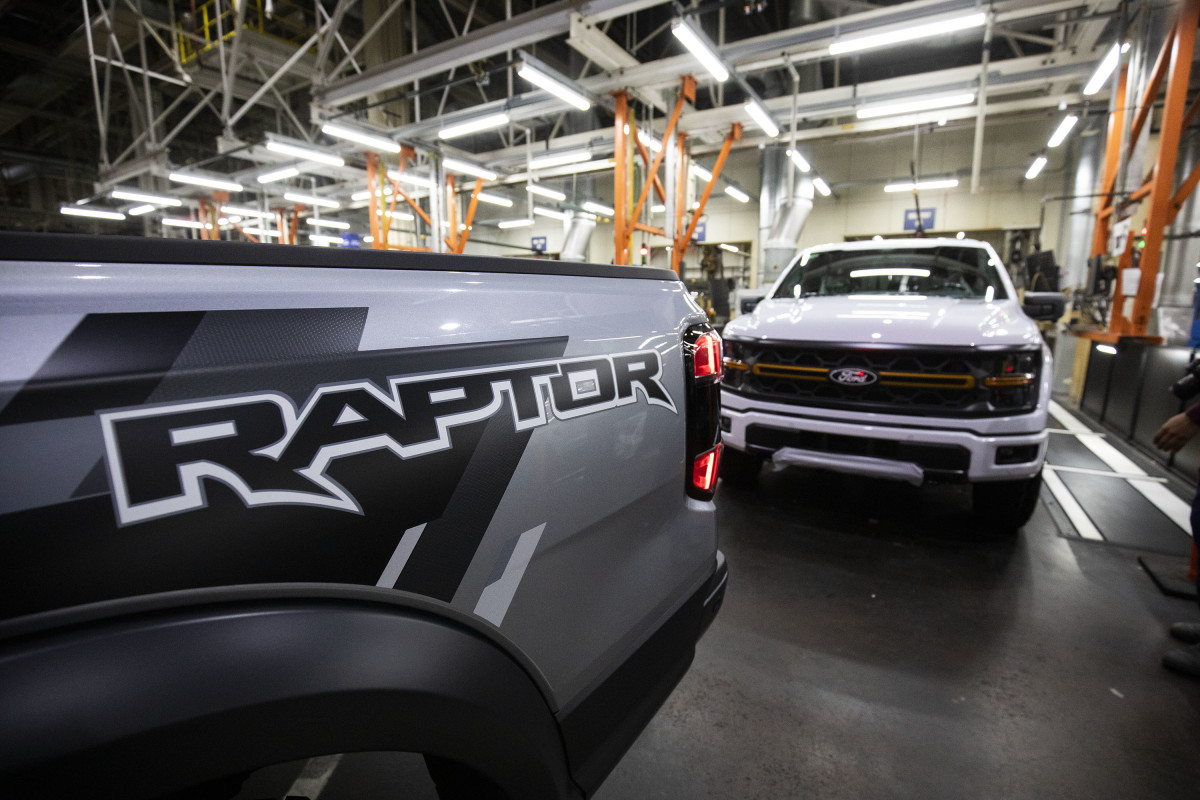Trump’s auto tariffs could lead to tax changes
President Trump has announced his administration’s efforts to create a new tax deduction for auto loan interest payments made on US-made vehicles to boost domestic manufacturing and counter potential tariff price increases. Trump is collaborating on the initiative with House Speaker Mike Johnson and floated the idea last week while signing a separate executive order imposing a 25% tariff on all auto imports. Trump’s goal of allowing auto loan interest write-offs is early in its development, but industry professionals have already shared mixed perspectives on the plan. Jason Tamaroff of Tamaroff Auto Group in Michigan told Automotive News: “I think that that [interest deductions] would be amazing. It could really help consumers.” Michael Cummings, vice president of California-based Cummings Automotive, noted how Americans could previously write off auto loan interest for all vehicles, not just imports, via itemized deductions until the Tax Reform Act of 1986.

Getty Images
Still, Nick Anderson of Chuck Anderson Ford in Missouri thinks otherwise: “I think it’s Trump’s way of trying to regulate interest rates and trying to get the Fed to lower rates. As far as customers being able to write off [part] of their interest, I don’t foresee that happening,” Anderson said to GM Authority. Analysts at J.P. Morgan also expressed skepticism toward Trump’s proposal’s ability to counteract rising vehicle and loan costs. J.P. Morgan analysts estimate that auto loan interest write-offs could save consumers an average of $20 a month but anticipate that Trump’s sweeping 25% auto tariff will increase monthly financing for new cars anywhere from $60 to $90 per month, according to CBT News.
Trump feels that increased domestic vehicle production motivated by the new tariffs and possibly interest write-offs would offset lost tax revenue from auto loan interest deductions. Erica York, senior economist and research director at the Tax Foundation’s Center for Federal Tax Policy, estimates that auto loan interest deductions could cost about $5 billion annually if structured as an itemized deduction, as reported by CNBC. From 2025 through 2034, the projected cost would be $61 billion. While Trump hasn’t clarified whether his proposal would involve itemized or standard tax deductions, it’s essential to note that almost 90% of taxpayers take the standard deduction since it tends to be more valuable for people, according to On The Money. Trump’s tariff announcement last week wasn’t the first time the President has proposed auto loan interest deductions. During an October speech in Detroit, Trump highlighted his desire to make the proposal a reality.

Getty Images
Final thoughts
Trump’s goal of approving auto loan interest deductions is more complicated than it seems on the surface. Roadblocks to the plan gaining approval and paying off include savings falling short of rising vehicle costs stemming from tariffs, the need to generate more tax revenue, and choosing between itemized vs. standard deductions. Some also feel that an itemized tax break would primarily benefit higher-earning taxpayers. Jaret Seiberg, financial services and housing policy analyst for TD Cowen Washington Research Group, said the deductions “mostly would benefit wealthier individuals buying more expensive cars as one has to itemize their taxes to get the tax break,” whereas modest-income Americans typically opt for the standard or above-the-line deduction.